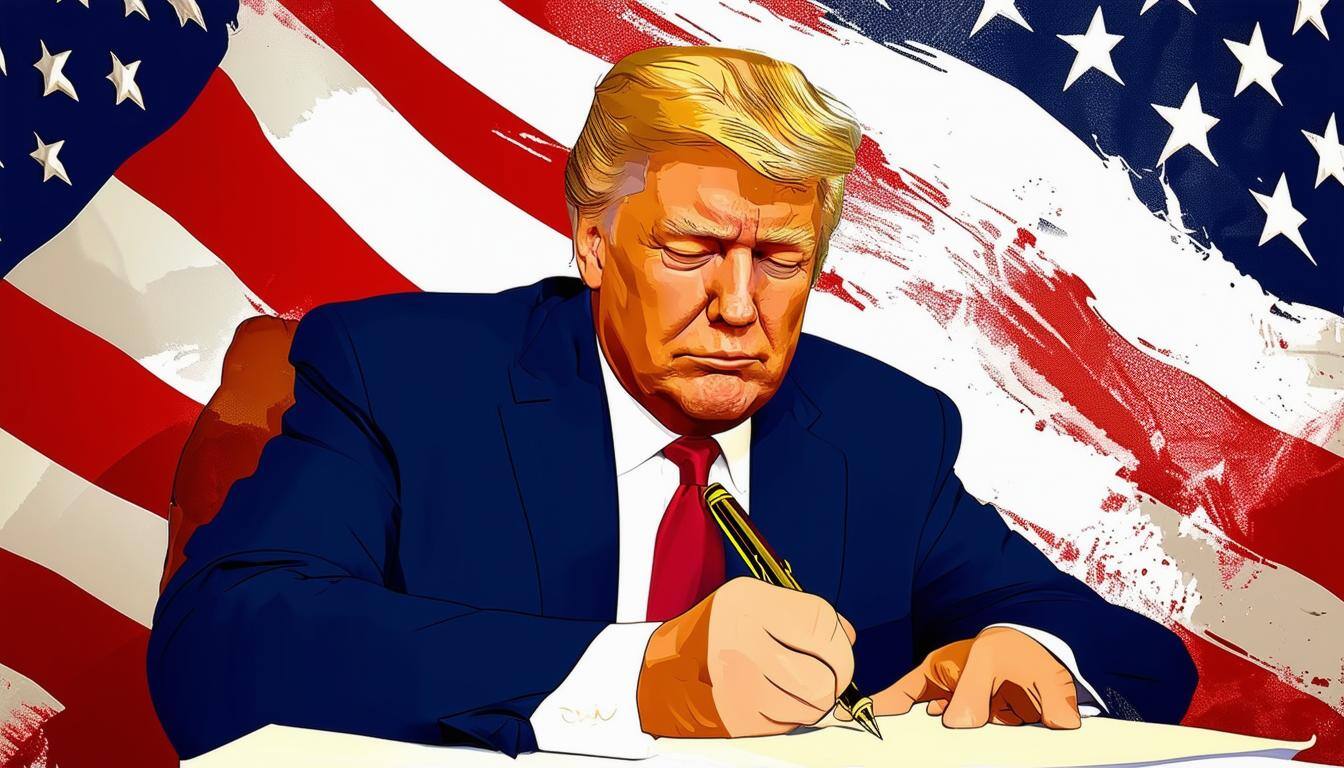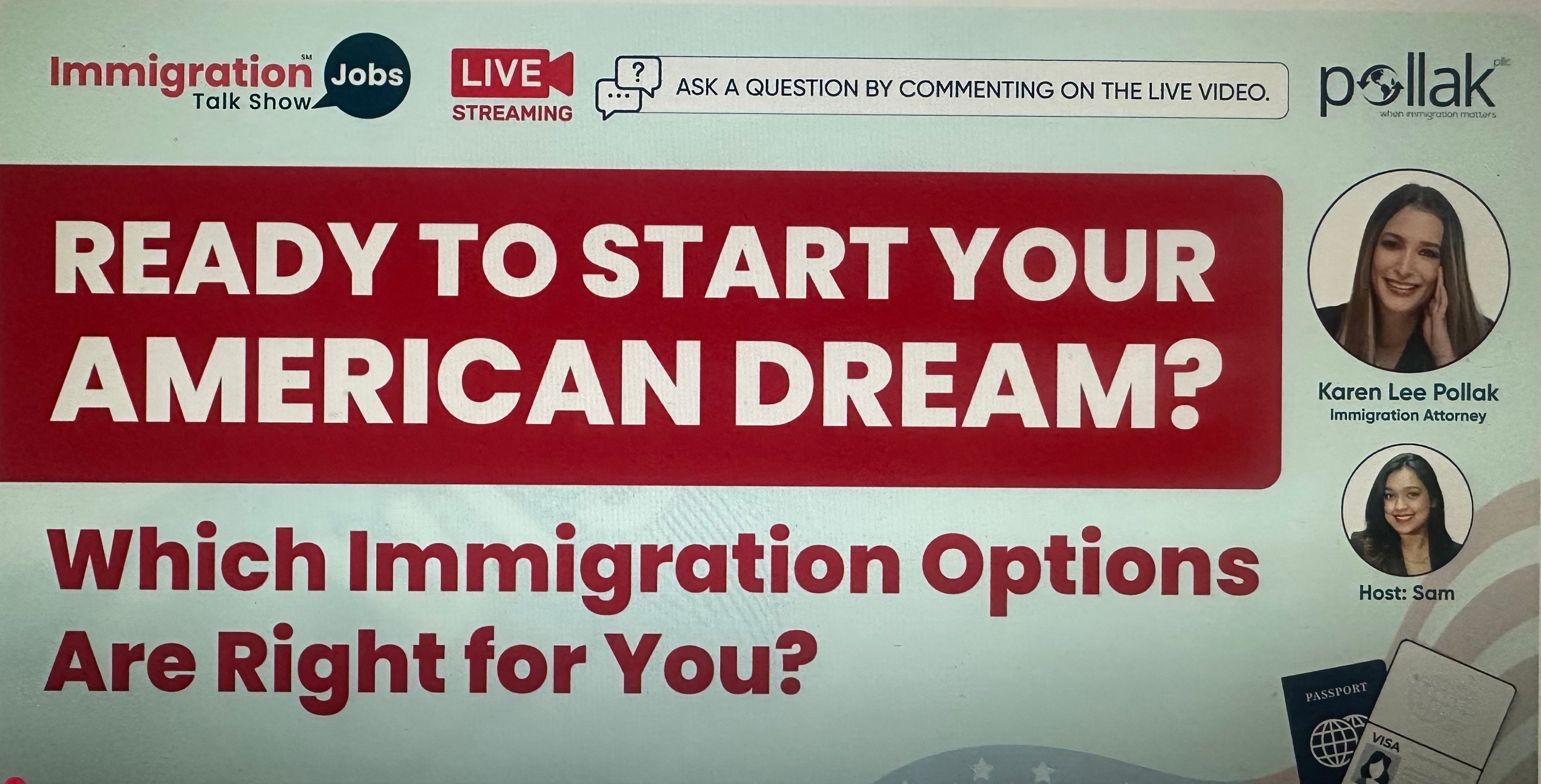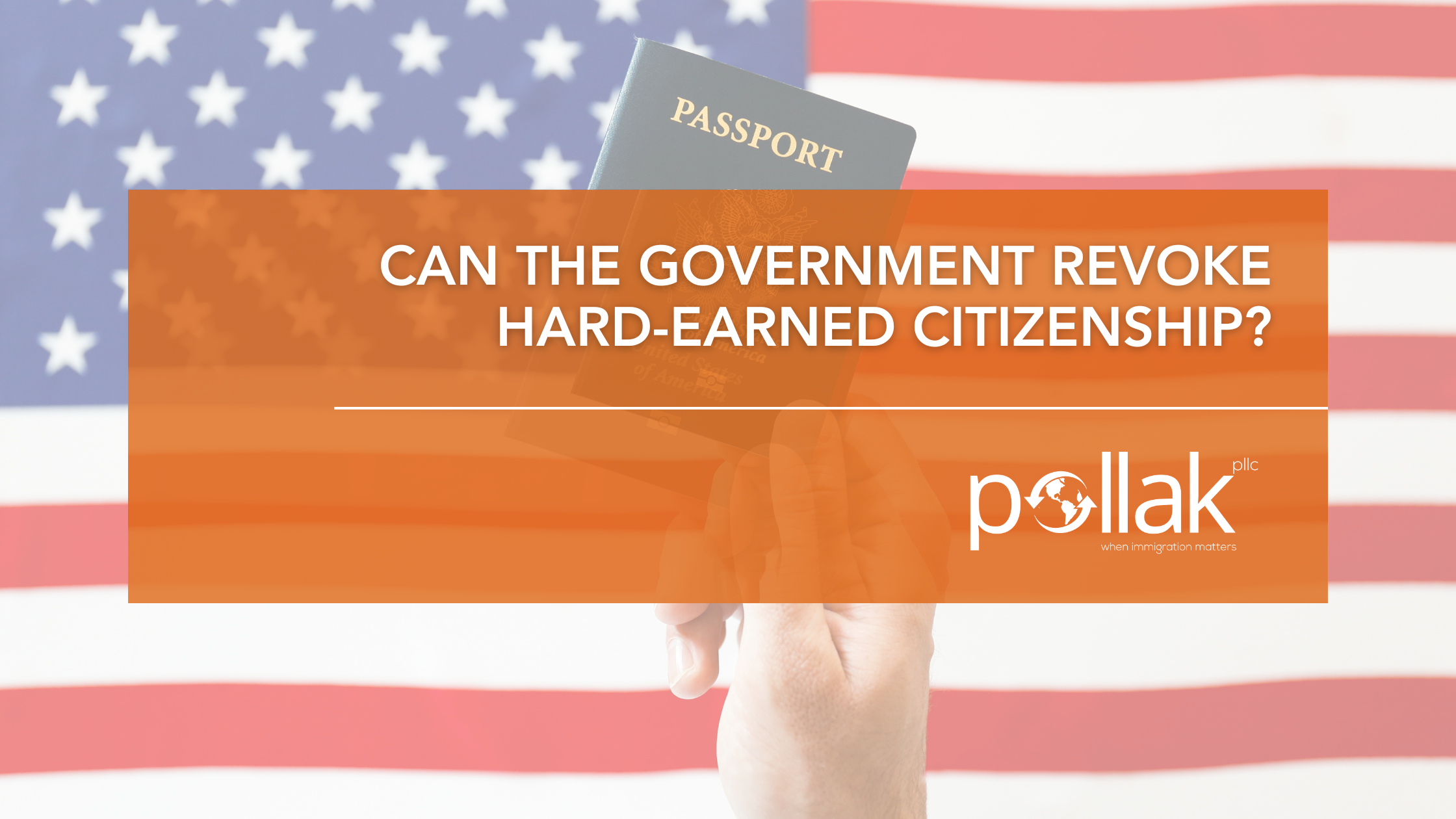
What Trump's Afrikaner Refugee Program Could Look Like
On February 7, 2025, President Trump signed an executive order titled “Addressing Egregious Actions of the Republic of South Africa” in response to South Africa’s recently enacted ...


On February 7, 2025, President Trump signed an executive order titled “Addressing Egregious Actions of the Republic of South Africa” in response to South Africa’s recently enacted ...
-Feb-11-2025-10-13-14-6377-PM.png)
Executive orders can disrupt immigration processes with little warning, and recent policy changes like the pause on Form I-134A (Declaration of Financial Support) in January 2025 d...

On February 5, 2025, U.S. Citizenship and Immigration Services (USCIS) announced that the initial registration period for the fiscal year 2026 H-1B cap will open at noon Eastern on...

On February 7, 2025, President Trump signed an executive order titled “Addressing Egregious Actions of the Republic of South Africa” in response to South Africa’s recently enacted ...

Karen-Lee Pollak appeared as a special guest on the Immigration & Jobs Talk Show, which covers discussions on various US visas and employment opportunities. The episode, titled...

It is H-1B Cap Season again for Fiscal Year 2026 (October 1, 2025). Like in prior years, there will be a two-step process – the registration step and then, if the registration is s...

Citizenship represents a profound commitment between an individual and their adopted country. For naturalized citizens, it’s often a symbol of triumph after years of effort and ded...
Working Together To Serve Your Needs
"Prior to deciding to utilize the legal services of Karen-Lee Pollak, I interviewed 11 different lawyers in the Dallas area to understand who was the most knowledgeable of immigration and naturalization laws. I strongly felt Karen was the most capable and professional of the individuals I examined. Karen provided invaluable support along the path towards receiving my American citizenship, both legally and personally. If I had a question or concern, Karen was always available to listen and to give sound council. Rather than giving up, Karen believed in me and continued to file for appeals, even in the face of adversity. Without any hesitation, I strongly recommend to anybody, Karen Lee Pollak for their naturalization needs."
Alexander Toulbou
“It is without reservation that I provide this reference for Karen Pollak. Her integrity, attention to detail, creativity, competence, and personal service are unmatched by almost all immigration attorneys. I have personally observed her counsel and guide many institutions and individuals through employment visas, religious visas, green cards, and citizenship. I have also witnessed her work remedying potential disasters created by less skilled and conscientious immigration practitioners. You would be hard pressed to find a more competent and caring counselor for an immigration issue.”
Patrick K. Craine
“In 2005, I sought a H-1B visa for an experienced publishing executive in the UK I had identified as a key to my company's future growth. Our petition, submitted by another immigration attorney, did not pass muster and was denied. Discouraged, but still determined, I met with Ms. Pollak. Her confidence, command of the immigration process, and no-nonsense approach was refreshing. I am pleased to say our 2006 application was successful. We are now in the process of using Ms. Pollak to obtain my key employee’s green card.”
Victor Horne
"Our road with Pollak immigration and Karen Pollak started in about 2018 when we had some problems with issuing our green cards, and Karen Pollak managed to navigate a complex part of the immigration law that's not well known and successfully got our green cards for us. Anyway, a number of years later, we are now proud citizens of the United States, and my thanks to Karen Pollak and Pollak Immigration for the excellent years of work and service that they have provided my family and I, without which we would probably not have got to where we are today."
Andre Oosthuisen
"Our team needed help from Pollak Immigration attorneys with H1B visas, H1B transfers, and EB2 visas. Before we reached out to Pollak Immigration attorneys, we faced the immigration challenges of our employees under this particular classification being deported. The outcome of our cases has been successful, and it’s been really exciting to see how something like this can change an employee’s experience. I believe it is due to the thorough nature of Karen and her team, just clearly outlining the needs for these particular classifications to be approved. I would tell someone considering Pollak Immigration Attorneys not to hesitate with partnering with this team."
Carla Boudreaux Gonzales
"The specific need or the type of visa I needed was a permanent resident or green card. The first challenge I faced before I reached Karen Pollak was that I entered the US on a tourist visa. This was not the right way to do it because I was planning to spend a lot of time, so I tried to reach other lawyers, and I didn't like the way the interviews went. It seemed like we were another person or another customer from the many they had, and we didn't feel a personalized relationship, and honestly, we didn't think it was going to work. So a friend of ours recommended Karen, at Pollak Immigration and everything was perfect, everything ran very smoothly, and after we reached Karen, it was very clear, the steps we needed to take. The outcome, was incredible as today we have our permanent residence or the green card, and we are also recommending Karen to another friend and family that need to put in order their immigration."
Ricardo Garate
"I am a U.S. citizen, and my parents are from Mexico. They moved to the US to be able to get their green cards. It wasn’t until we found Karen and her team that we had an amazing experience. My parents were able to get their green card. I couldn’t be more thankful to Pollak Immigration and the entire team. It was such a pleasure working with you."
Pattryze Garate Solano
"I needed to convert our E2 visa to an L1 and L2 dependent visa. Our original L1 application was denied due to a lack of evidence submitted by another attorney. The first attorney completely botched our application. This is when I found Karen Pollak and her team. I was impressed by her track record and amazing reviews from her existing and past clients. Right from the beginning, Karen had a clear idea of how to help us and what was needed. We were approved. Since the original application, Karen has helped us renew our L1 and L2 visas and apply for green cards. My family and I are now green card holders. This was our dream come true. Karen's team is very responsive, and the way they communicate is unbelievably fast and professional. Karen Pollak is hands down the best immigration lawyer I have ever had the privilege to work with."
Magdalena McCleod
"Moving to the US can be a challenge. Karen certainly is on top of her game. She understood exactly what was required and assisted us in making sure that we had everything that was needed before she submitted the application. Everything went smoothly, and so far, we have been living in the U.S. for just over a year now. Thanks to Karen’s assistance."
Andrew Skelton
"I am a trial lawyer, and when immigration issues come up, I have always entrusted my good friend and very respected colleague Karen Pollak and Pollak Immigration. Karen has been incredibly responsive. Everybody likes her, and she seems to have solved every one of their problems. And I could not give a higher recommendation to Karen Pollak and Pollak Immigration."
Michael K. Hurst
Pollak PLLC provides clients with full-service professional legal services to help you obtain a legal solution to your immigration visa needs.
Our firm focuses on providing personalized legal representation paired with timely communication for stellar results.
Contact us at (954) 250-8335 today to schedule a consultation to discuss your options.
Contact us today to speak with our Managing Attorney Karen-Lee Pollak and our experienced immigration support team.